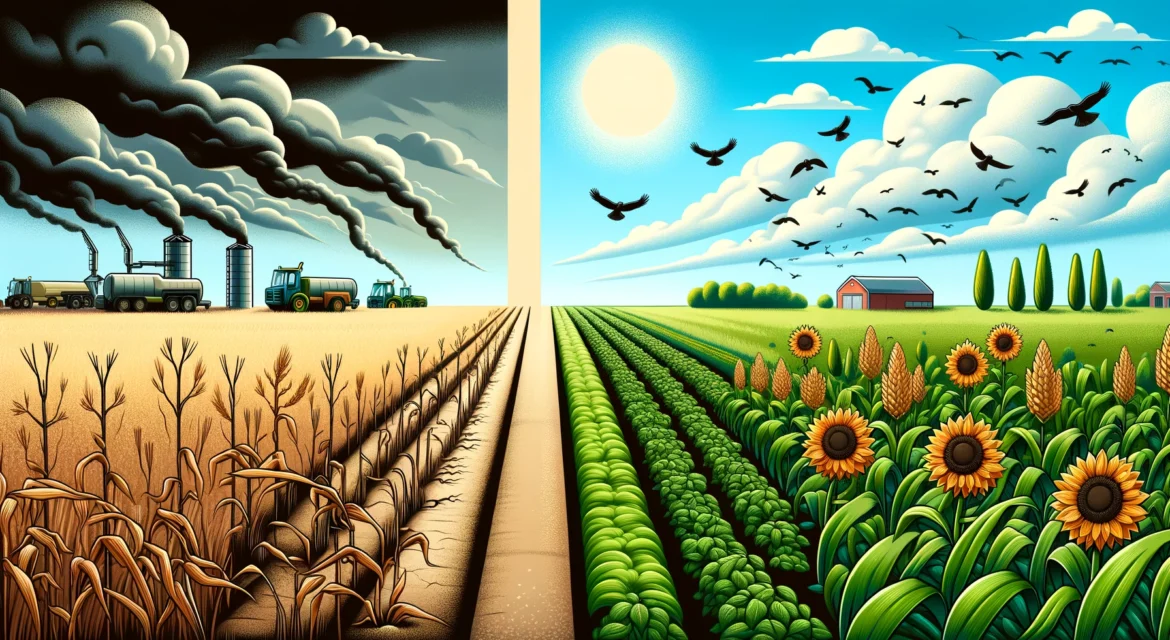In the world of farming, chemical fertilizers have been like a quick fix for hungry crops. They provide a sudden burst of nutrients that help plants grow fast. But just like too much fast food isn’t good for our health, too much of these chemicals isn’t good for our soil or our crops in the long run.
When we use chemical fertilizers over and over, they can build up and harm the tiny creatures in the soil that help plants grow naturally. It’s a bit like painting over rust; it might look better for a little while, but the problem hasn’t gone away. In fact, it can get worse. Plants can become weak, needing more and more fertilizer, and the soil can get so full of chemicals that it’s not healthy anymore.
There’s also the bigger picture to think of. These chemicals can wash away into our rivers and lakes when it rains, which can make the water unsafe for fish and even people. It’s important to remember that what we do on our farms doesn’t just stay on our farms—it’s all connected to the health of our land and water.
That’s why looking at natural ways to feed our crops, like using compost or manure, can be so much better. These are like a home-cooked meal for the soil. They feed it slowly and steadily, making it strong and healthy. And healthy soil means healthy plants and more money in our pockets from the good crops we can grow. So, by reducing chemical fertilizers, we’re not just helping our farms—we’re taking care of our whole community and the earth.
 25 April 2024
25 April 2024

